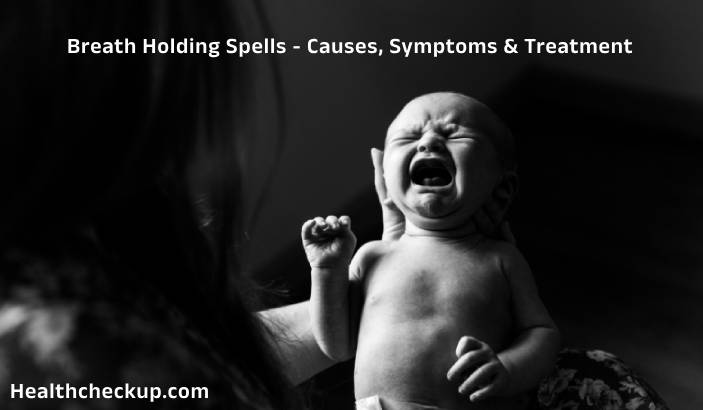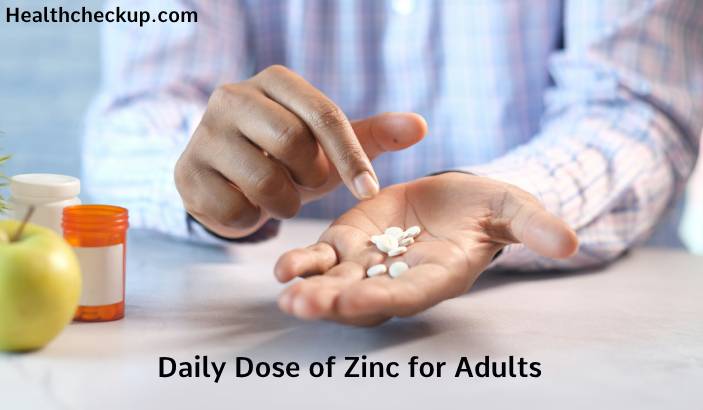Serotonin syndrome, also known as serotonin toxicity, is a potentially life-threatening condition characterized by an excess of serotonin in the body. This excessive accumulation of serotonin can lead to a range of symptoms, from mild to severe, affecting both physical and mental health.
Symptoms of Serotonin Syndrome
Serotonin syndrome can manifest with a variety of symptoms, which include:
- Agitation and Restlessness: Individuals may experience heightened agitation, restlessness, and anxiety.
- Confusion and Hallucinations: Changes in mental status, including confusion, hallucinations, and delirium, can occur.
- Hyperthermia: Elevated body temperature, often exceeding 38°C (100.4°F), is a hallmark symptom of serotonin syndrome.
- Muscle Rigidity: Increased muscle tone and stiffness, sometimes progressing to muscle rigidity and tremors, can occur.
- Tachycardia and Hypertension: Rapid heart rate (tachycardia) and elevated blood pressure (hypertension) are common cardiovascular symptoms.
- Diarrhea and Gastrointestinal Disturbances: Gastrointestinal symptoms such as diarrhea, nausea, and vomiting may occur.
- Sweating and Shivering: Excessive sweating and shivering accompany other symptoms of serotonin toxicity.
- Seizures: In severe cases, seizures and loss of consciousness can occur.
Causes of Serotonin Syndrome
Serotonin syndrome typically occurs when there is an excess of serotonin in the body, often resulting from the use of medications that affect serotonin levels. Some common causes and contributing factors include:
- Serotonin-Boosting Medications: Certain medications, including selective serotonin reuptake inhibitors (SSRIs), serotonin and norepinephrine reuptake inhibitors (SNRIs), tricyclic antidepressants, and monoamine oxidase inhibitors (MAOIs), can increase serotonin levels and predispose individuals to serotonin syndrome.
- Combination Therapy: Serotonin Toxicity is more likely to occur when multiple medications that affect serotonin levels are used together or in high doses.
- Drug Interactions: Certain drug interactions can potentiate the effects of serotonin-boosting medications, leading to serotonin syndrome.
- Overdose: Taking excessive doses of medications that affect serotonin levels can precipitate serotonin syndrome.
Drugs that Cause Serotonin Syndrome
Several classes of medications have been associated with an increased risk of serotonin syndrome, including:
- Antidepressants: SSRIs, SNRIs, tricyclic antidepressants, and MAOIs are commonly implicated in serotonin syndrome.
- Opioids: Some opioids, particularly tramadol and meperidine, can increase serotonin levels and contribute to serotonin syndrome.
- Migraine Medications: Triptans, used to treat migraines, can interact with serotonin-boosting medications and precipitate serotonin syndrome.
- Stimulants: Certain stimulant medications, such as amphetamines and cocaine, can elevate serotonin levels and increase the risk of serotonin syndrome.
- Herbal Supplements: St. John’s wort, a popular herbal supplement used to treat depression, can interact with prescription medications and cause serotonin syndrome.
Treatment of Serotonin Syndrome
Treatment of serotonin syndrome focuses on managing symptoms and removing the offending agent(s) causing serotonin excess. Depending on the severity of symptoms, treatment include:
- Discontinuation of Causative Medications: Stopping medications that contribute to serotonin syndrome is essential to prevent further serotonin accumulation.
- Supportive Care: Symptomatic treatment includes administration of intravenous fluids, cooling measures to lower body temperature, and medications to control agitation, seizures, and other symptoms.
- Serotonin Antagonists: In severe cases, medications such as cyproheptadine or chlorpromazine, which antagonize serotonin receptors, are used to counteract serotonin excess.
- Hospitalization: Severe cases of serotonin toxicity require hospitalization for close monitoring and intensive care.
Serotonin syndrome is a serious and potentially life-threatening condition characterized by excessive serotonin levels in the body. Individuals taking medications that affect serotonin levels should be aware of the signs of serotonin syndrome and seek medical attention if symptoms arise. By identifying and addressing contributing factors, healthcare professionals can effectively manage serotonin syndrome and prevent complications associated with serotonin toxicity.
I specialize in writing about health, medical conditions, and healthcare, drawing extensively from scientific research. Over the course of my career, I have published widely on topics related to health, medicine, and education. My work has appeared in leading blogs and editorial columns.








